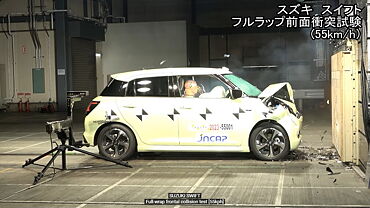In spite of registering a whooping growth of 30 percent of car sales for the fiscal 2010-11, Indian auto market has recorded only 1.6 percent of rise in the car sales in June. The increasing fuel prices, car costs and most importantly interest rate are the factors held responsible for the dropdown.
With Indian central bank raising the interest rates ten times since March last year, the middle class man aspiring for car has received a big blow as he sees his hopes being shattered.
It seems that the drop in sales didn’t come as a surprise for industry experts. Mr. Kishor Ostwal, chairman at brokerage CNI Research said in a statement given to a leading business Indian news Daily, "This was expected. Rising interest rates and inflation are contributing to slowing sales. Also, ahead of the monsoons, demand for cars typically slows down."
The Tatas and Marutis were also not untouched by this slow down. Market leader in passenger cars, Maruti Suzuki India marked its first drop in sales since December 2008 and fell 8.8 percent to 80,298 vehicles in June. On the other hand, the mighty Tata recorded a fall in its car sales by 1 percent and the overall sales of the world’s most affordable car Tata Nano slipped by 29 percent.
Examining the overall growth rate in June, Indian companies sold around 143,370 cars in all, leading to the slowest growth since March 2009 as per data furnished by the Society of Indian Automobile Manufacturers (SIAM) on Monday.
However, good news is that the trucks and buses market grew at 17.8 percent to 62,009 vehicles in June. SIAM had earlier expressed the fear of Indian auto market falling from the peak 30 percent to 16 percent this fiscal year.
Now, the decline in car sales has brought auto companies on their toes and has forced them to review their future strategies.



























